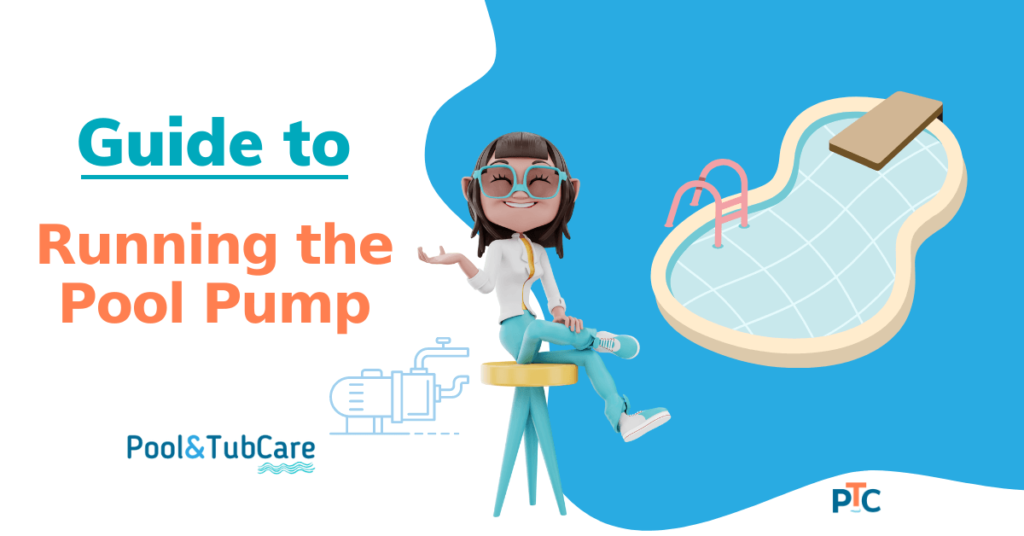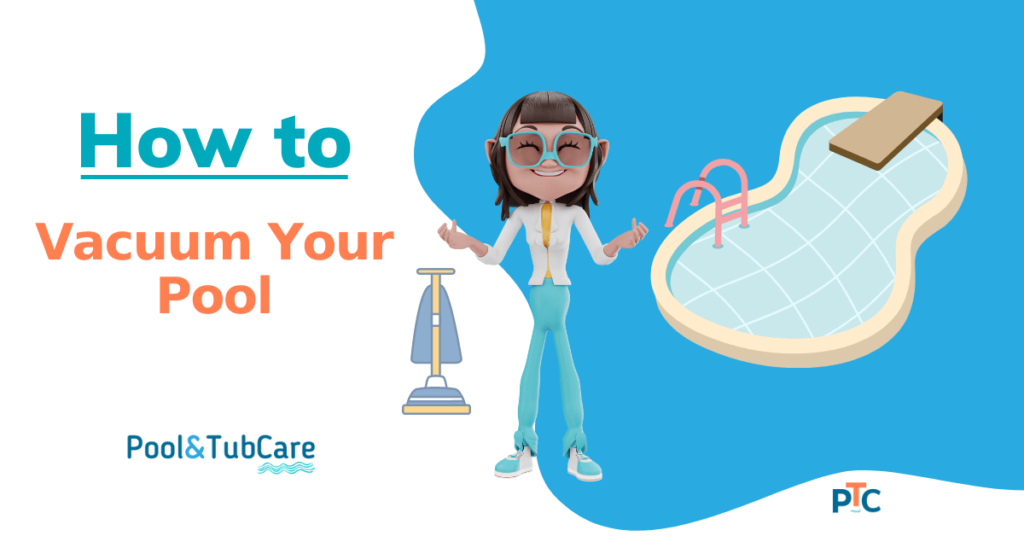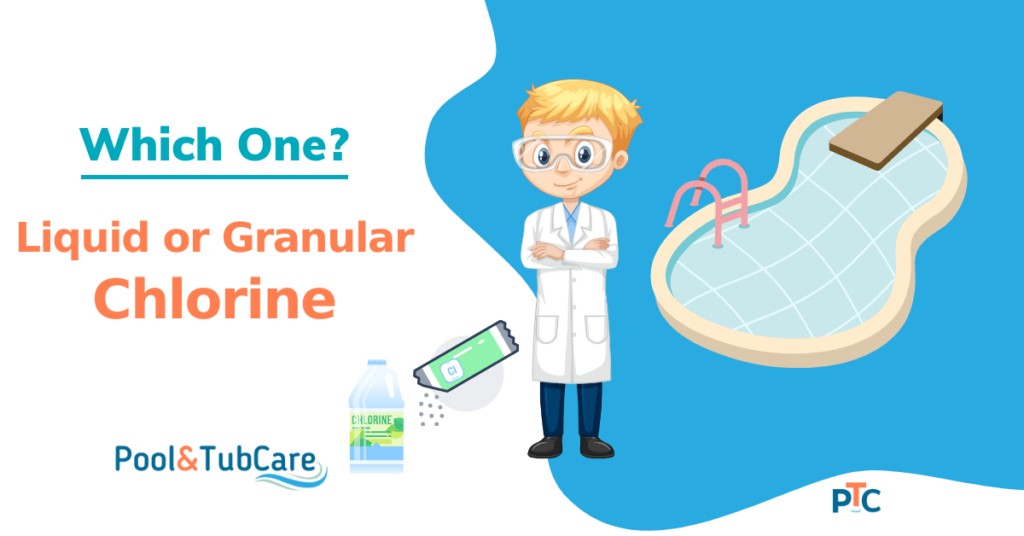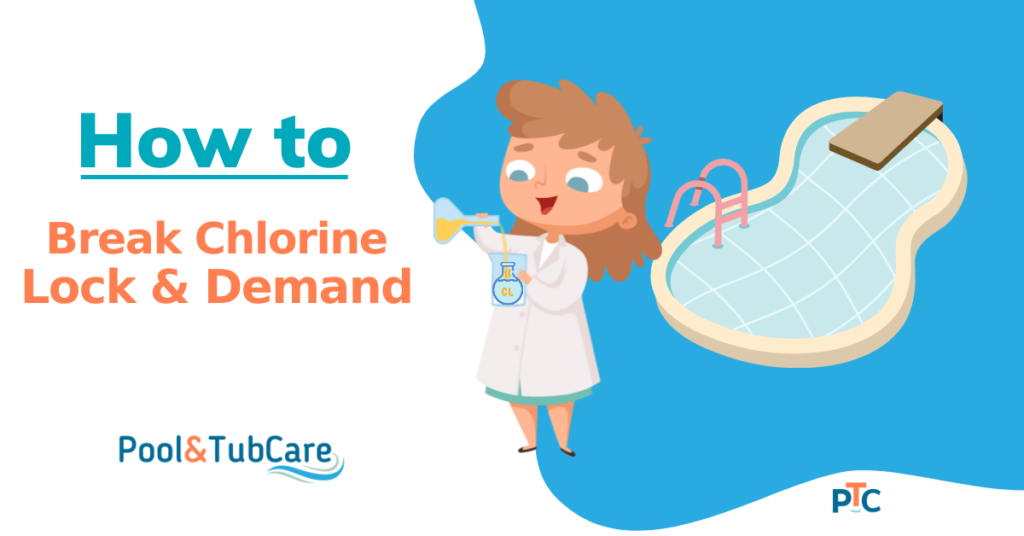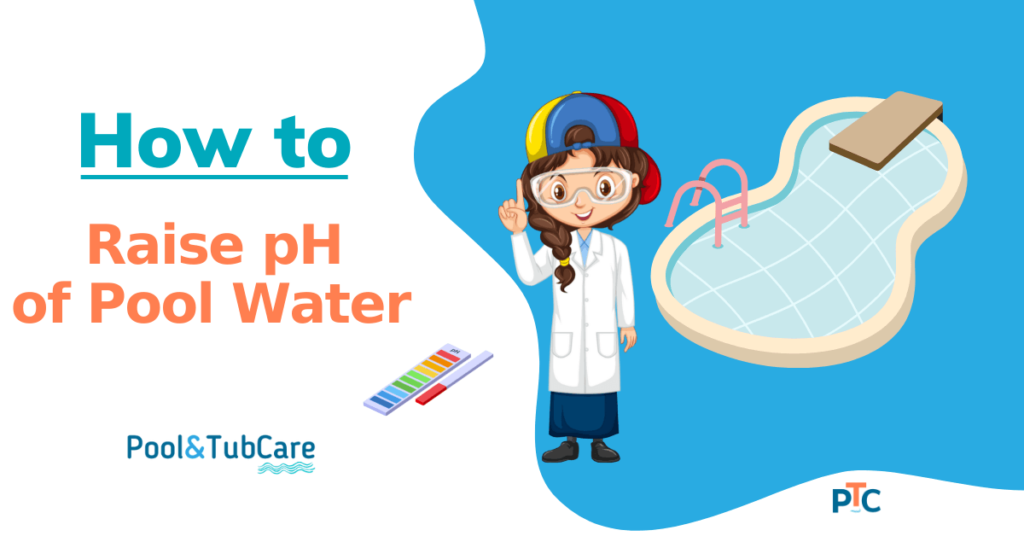Pool owners are always in a dilemma about whether or not to run their pool pump continuously, and if so, for how long and when.
The optimal time to run a pool pump is during the day when the sun is out. Running pump keeps the water flowing and avoids stagnation. Run the pump for a sufficiently long period to circulate all the water. Usually, eight hours is the magic number when it comes to time.
Continuous running of your pool pump will be a waste of power, resulting in a big electric bill and premature wear and tear on your pool pump.
Pool pump running time can be quite dependent on different things. I will discuss further on it in this article.
What Does a pool Pump Do?
Most people simply assume that their pool stays clean without having a second thought about it. However, have you ever considered how it occurs?
Most of the credit goes to the Pool pump. It circulates the pool’s water, passing through filters that catch dirt and debris.
The pump then releases the clean water to the pool, mixing it with the dirty water to repeat the cycle.
This continuous circulation ensures that the water in the pool is always clean and clear.
The water in the pool must be filtered at least once a day to keep it clean and clear. The turnover time is the amount of time it takes for all of the water in your pool to be cycled through the pump/filter system once.
Related: How to backwash pool filter!
So How Long to Run Your Pool Pump?
During the summer, the rule of thumb for most pool pumps is to run your pump for nearly 8 hours every day.
If your place has milder weather or you don’t use your pool frequently, you may operate your pump for a short period.
You might be able to get away with using your pump for only 6 hours a day if your pool is smaller.
You might need to operate your pump for ten hours or more every day if you have a fairly large pool.
It is important to ensure that your pool’s water is sufficiently circulated so it rolls over at least once daily.
Calculating your pool’s turnover time is one method for determining how long to operate your pool pump.
To do this, simply divide your pool’s capacity by your pump’s flow rate.
For example, if your pool holds 20,000 gallons and your pump can move 50 gallons of water per minute, it will take 400 minutes for the water to flip over.
This indicates that you must operate your pump for at least 400 minutes each day to keep your pool clean.
How to Calculate Pool Volume?
Simply multiply the length and breadth of the pool to determine its area.
Your pool, for example, would be 200 square feet in size if it were 20 feet long and 10 feet wide.
By multiplying the pool’s area by the depth of water, you may quickly determine its volume once you know how big it is.
For example, if your pool is 4 feet deep, it has an 800 volume (200 x 4). To convert this quantity to gallons of water, multiply this value by 7.5.
If your pool is kidney-shaped, you can still figure out the volume using this approach. Divide the pool into rectangular portions, and then determine the individual volumes of each segment.
Once you have the volume of each section, add them all together to get the total volume of your pool.
Or simply put your pool number here in this calculator to know your pool water volume.
As you can see, after finding the volume, determining your pool’s turnover rate is simple math.
After getting the turnover rate of your pool, you can simply estimate how long to operate your pool pump each day.
Is it Necessary to Run Pool Pump Every day for the Same Hours?
Depending on how frequently you use your pool, you may need to operate your pump for longer or shorter periods.
If you have many people using your pool, you may need to circulate the water more frequently to keep it clean.
If you stay in a region with a high concentration of pollen or other airborne pollutants, you may need to operate your pump for an extended period each day to filter these particles out.
Do some experimentation to find what works best for your pool and determine how long to operate your pool pump.
If the pool is not used as much, you may need to operate your pump for a shorter time.
You may also experiment with running your pump for a shorter length of time during the week and a longer period on weekends when the pool is utilized more often.
Is it Ok to Run Pool Pump for 24 hours?
It is not advisable to operate your pool pump continuously for 24 hours.
This might result in premature wear and tear on your pump, reducing its lifespan.
If you run your pool pump 24 hours a day, it will raise your energy bills.
Running your pool pump for a shorter length of time each day is far more efficient. It will ensure that the water in your pool is sufficiently circulated.
This will save your energy bill and assist in extending the life of your pool pump.
So, if money is not the problem, by all means, you can run your pump for 24 hours, but it is not necessary.
Can I Run My Pool Pump at Night?
Yes, your pool pump can run at night. In certain regions, using your pool pump at night might save you money because energy costs are usually lower at night.
Apart from that, it is preferable to operate the pool during the day since algae development occurs during the day in sunlight. So you’d want to maintain your water flowing during the day.
If you shock your pool at night (don’t you?), you must also operate your pump at night for the shock to be effective.
Should I Run Pool Pump for Continuous 8 Hours?
No, you don’t have to leave your pool pump running for 8 hours.
Running your pool pump continuously for 8 hours might cause early wear and tear and limit its lifespan.
It is also essential to let the water in your pool settle so that chemicals may disperse evenly around the pool.
So that the water pump does not have constant pressure, you can operate it for 4 hours in the morning during off-peak hours, turn it off when peak hours start, and then restart it for 4 hours during off-peak utility hours.
Is it True That if I Use a Pool Cover, the Pump Will Have to Run Less?
Yes, it will to some extent. As previously stated, light is an important component for algae development. As a result, if you have a dark blue pool cover, less light shines on the water, preventing algae development. This means that you could use the pool pump for fewer hours.
I will not advise turning on my pump for less than when I have a pool cover on simply because the energy savings will be insufficient to offset the risks.
Can I Swim in The Pool When the Pump is Running?
Yes, you can swim in the pool while the pump is working, and it is advised that you do so to circulate the water and maintain it clean.
That way, you’ll be swimming in clean water, and any debris or impurities you bring into the pool will be cleaned promptly.
Don’t use pool when you are shocking it with chlorine.
How Long Should I run the Pump in Winter?
In the winter also, run your pool pump for the same hours as in the summer.
If you stay in a cold climate and do not use your pool during the winter, then you don’t have to run the pump.
If the water in your pipes freezes and your pump is set to run on a timer, it will get damaged, so do it manually in winters when things are freezing in your area.
In a severe environment, you might have to empty your pump to save it from damage.
How to Choose the Right Pump?
The size and kind of pool pump you require depend on the type of pool you have, how big it is, and how frequently you use it.
If you use your above-ground pool occasionally, you won’t need a massive, industrial-strength pool pump. A smaller and less expensive pump will do the job just fine.
For big pools, you will need a more powerful pool pump to keep water circulating properly.
Pool professionals may also assist you in installing your new pool pump and ensure it works correctly.
Find one that can pump at least the same GPM as required. You can go higher than that but not less.
GPM = Total pool water volume/8
Types of Pool Pumps
Three types of pool pumps are used mainly: single-speed, dual-speed pool pumps and variable-speed pool pumps.
Single-speed pool pumps have only one speed. They are less expensive than variable-speed pool pumps but consume more energy.
Dual-speed pool pumps may function at two speeds and are more energy-efficient than single-speed pool pumps because they can be configured to run at a lower speed most of the time and only at a higher speed when necessary.
Variable-speed pool pumps may work at different speeds, allowing them to run more slowly and consume less energy while the pool is not in use.
Variable-speed pool pumps are more expensive than single-speed pool pumps, but they save you money in the long run as they use less energy.
These pumps are available in different power capacities (horsepower). The size of your pool and its volume will determine the power of the pump you pick, how frequently you use it, and your budget.
Apart from turnover rate requirements, the size of your filter and the pipes in your filtration system affect how powerful the pump you need.
A pump that is too strong for a small filter and pipelines will waste energy. On the other hand, small power pumps will be slower and take longer for turnover rate.
Depending on the size of your filtration system and the volume of your pool, consult about the size with the professional you want to hire for installation.
Once you’ve decided on the best pool pump for your needs, a pool professional may assist you with installing it and ensuring it works properly.
Keep That Water Circulating
A pool pump is an essential and silent workhorse of every pool that works in the background to keep it clean.
Select a pool pump that fits your requirements.
It is also essential to understand how long a pool pump should operate and the optimal time to run.
With some testing, you will be able to find the ideal schedule for your pool that will keep the water clean and flowing while not causing too much wear and tear on your pool pump.
You now know you don’t have to run it all day long.
So, switch off that pump and just operate it for the required time. You will save money on bills while maintaining your pool in perfect condition.
FAQs
Here are a few frequently asked questions.
Is it better to run a pool pump at night or day?
The best time to run it is during the hottest part of the day, but remember that this will require more energy.
You can run your pool pump at night instead of during peak hours to save money on your energy expenses.
Should I run my pool pump when it rains?
Rainwater contains dirt and other pollutants, so you will benefit from filtering.
Running your pump during or after rain will aid in the removal of contaminants from your pool’s water. Pool pumps are intended to withstand rain, so using them while it rains is wise.
Should I leave my pool pump running while on vacation?
While you’re away, leave the pump and filter running. Most pumps include an automatic timer, which makes this a good decision.
Before you go, set the pool filter system to operate for at least 8 to 12 hours daily.
Can I leave my pool pump on for a week?
Running a pool won’t cost much if you are gone for just a week. If you had to leave it running for a week, it shouldn’t significantly impact your electricity cost compared to what would happen if your pool goes bad.
But because you’ll be gone for a week, fill the pool to the top with water.

